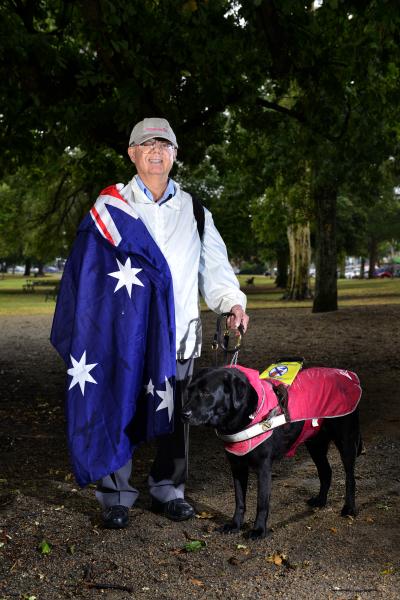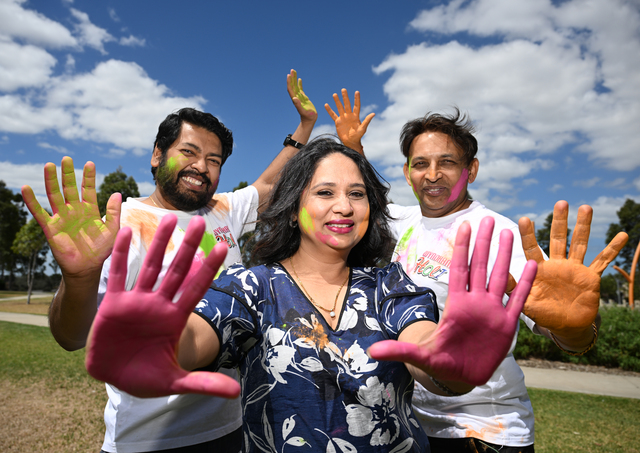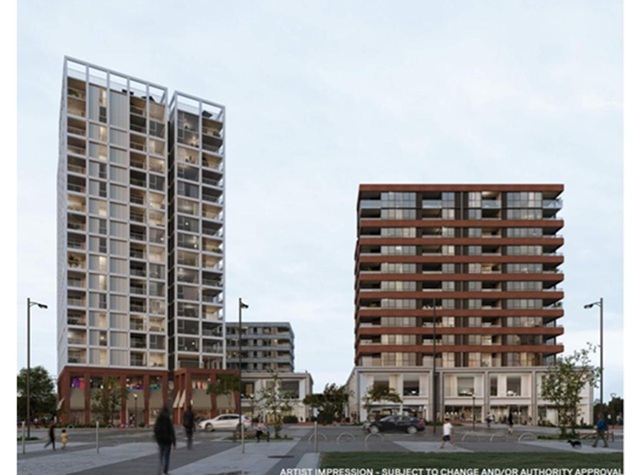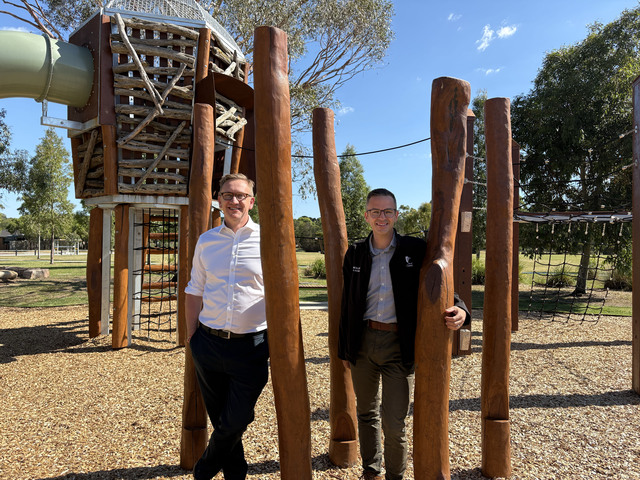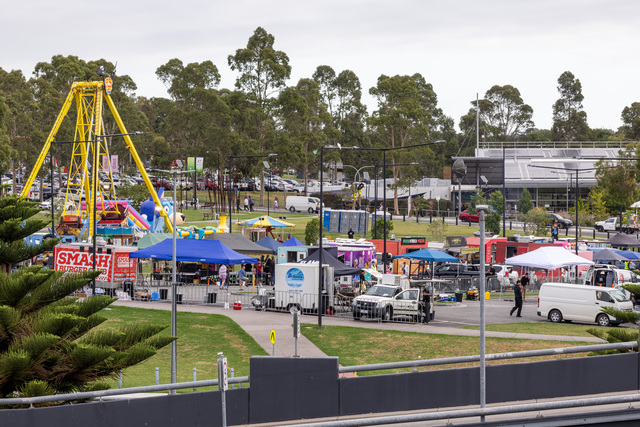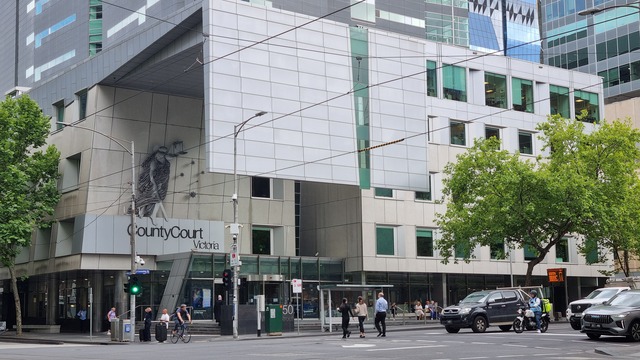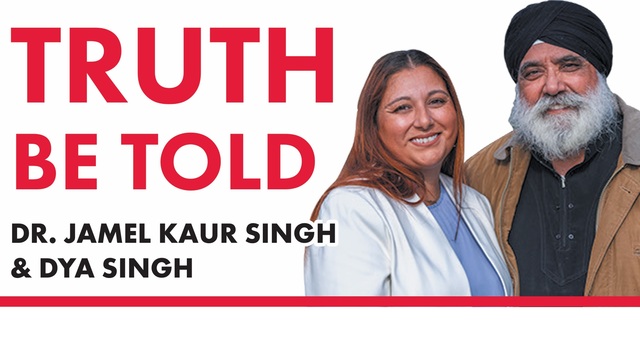By CAM LUCADOU-WELLS
A SPRINGVALE disability advocate has named-and-shamed another restaurant that allegedly refused him entry because he had a guide dog.
Twanny Farrugia launched a multi-pronged campaign against Nam Loong restaurant in Melbourne’s CBD, claiming he was told by a staff member to leave the building at lunchtime on 16 November.
He said last week the staff member ignored his attempts to explain his dog was legally permitted in the restaurant and yelled at him.
It is illegal to refuse entry to a person with an assistance dog – one trained to help a person with a disability – or to treat them unfavorably.
In response, Mr Farrugia and friends took to social media and contacted a host of media outlets, including visiting the restaurant with a TV news crew.
“This time the woman was as nice as pie. Let me in, sat me at a table and sugar would have melted in her mouth,” he said.
He said he’d also launched an action with the Victorian Equal Opportunity Commission, seeking the restaurant to make a $1000 donation to Guide Dogs Victoria, have its staff trained by GDV and a personal apology made to him.
Last year, Mr Farrugia successfully sought another action for similar treatment by a Clayton restaurant.
“My purpose is when people talk about social inclusion that means everybody in the community.”
Greg Madson, president of Blind Citizens Australia, said he personally still had “issues” dining in restaurants.
“It becomes very difficult. You have to be very confident to stand your ground.
“These dogs are very well trained. Once in the restaurant, no one know they are there.”
He said there was “always the need for more education” of the issue but restaurants should be aware.
“Most people know the rules but you get people who are belligerent.
“The only course of action is to take out a Disability Discrimination Act claim – just to point out this is the law and you can’t flout the law.
“After using a guide dog for a number of years, you get a fairly thick skin.”
A spokesman for the Victorian Human Rights and Equal Opportunity Commission said its largest area of complaint “by far” was from people with a disability.
In 2013-2014, the commission received 223 such complaints – including four from people denied access because they had an assistance dog.
“The commission seeks to resolve these complaints through a process of conciliation,” the spokesman said.
Last month it launched an awareness campaign to promote access for people with disabilities in shops, cafes and restaurants.
VEOHRC commissioner Kate Jenkins at the time said: “For too long, a large sector of our community has been locked out of public buildings that everybody else can access freely.’’
Nam Loong’s manager did not return the Journal’s calls before deadline.

